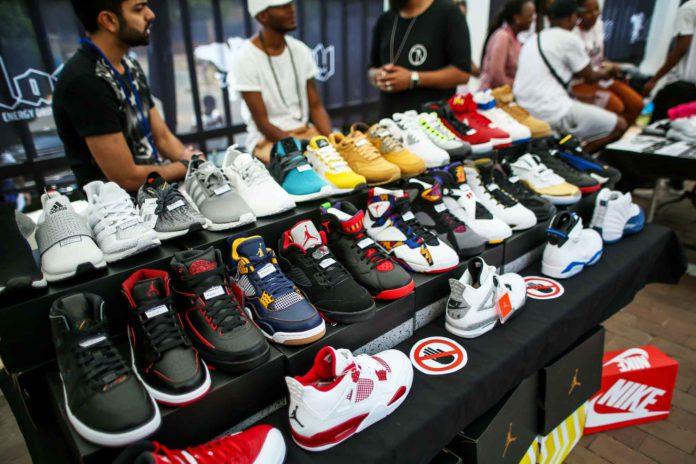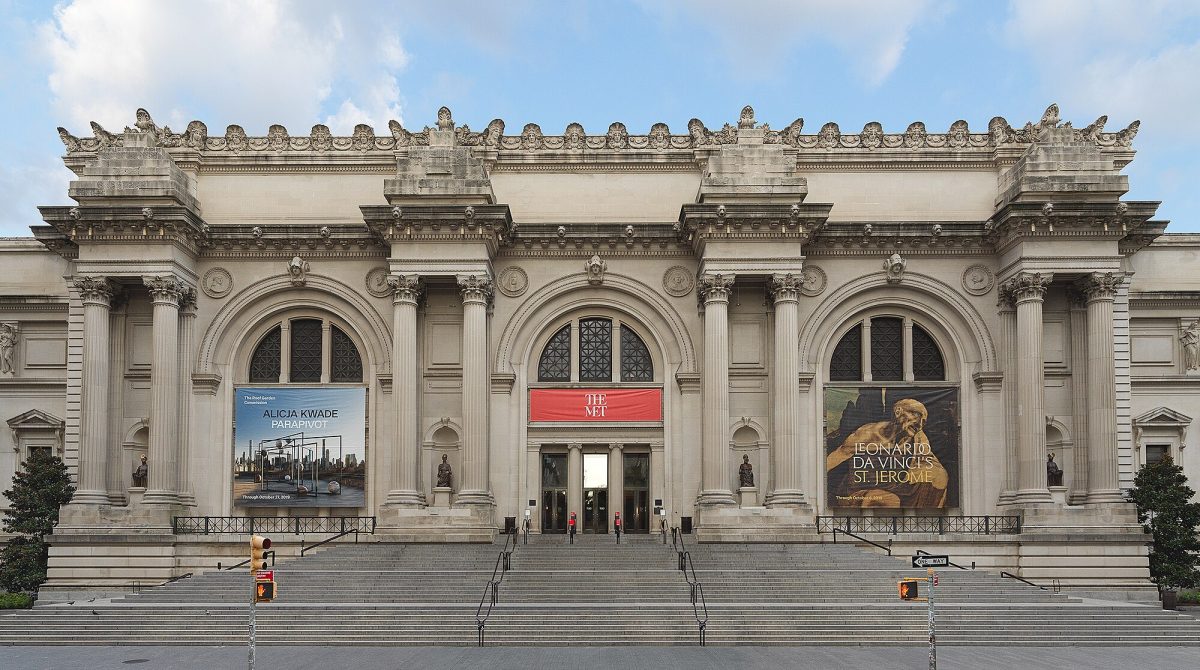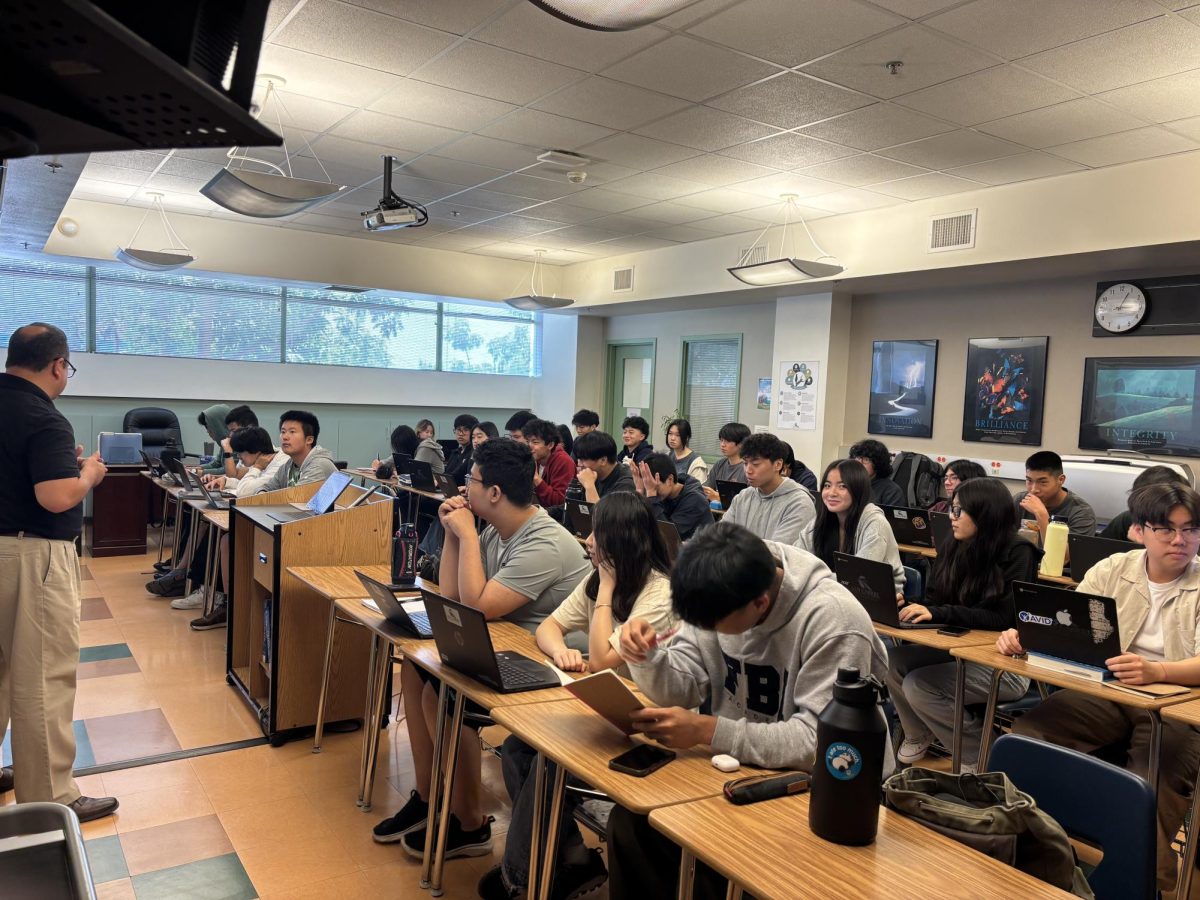By Jordan Hum | Copy Editor

Sneaker resellers have damaged the once glorious industry of shoes with capitalistic greed, resulting in a broken system full of hypebeasts and artificial intelligence bots, leaving no room for the average shoe enthusiast.
Sneaker culture, popularized in the 80’s and 90’s by basketball players and musicians, became an outlet for people to share their likes, interests, and cultures through fashion. The emergence of brands like Jordan, Nike, and Adidas created a community where people could express themselves through shoes.
Sneakers became iconic images, with certain types of shoes being able to distinguish where someone was on the hypothetical social ladder. They became more than just a simple pair of shoes, becoming symbols of success and prosperity.
However, the recent evolution of the culture has favored quick profit over the statement of the shoes themselves. It has stripped the individuality of each shoe and has turned a once welcoming community into an intimidating one.
Resellers are the key contributors to the downfall of the culture, buying shoes at the retail price just to sell them for market price, a price determined by suppliers based on supply and demand. This process leads to absurd prices which often scare away newcomers interested in the broad world of sneakers.
The reselling process begins when brands drop a limited number of a certain shoe for retail price, usually anywhere from $70 to $250. These shoes are acquired on a first come first serve basis, so resellers typically use bots to ensure they are the first ones to get them. Resellers are not satisfied with just one pair, however, often buying multiple pairs of shoes in hopes of gouging their price once resold.
Due to the limited quantity of the shoe, resellers are able to control the price of the market, and because they buy multiple pairs with the use of bots, the average person has no chance of buying the shoes for the reasonable retail price. In addition, this process glamorizes the market price of the shoe over the artistic characteristics of the sneakers, ruining the uniqueness which made the culture so interesting in the first place.
According to an ESPN article, in the wake of Kobe Bryant’s tragic death, “Nike confirmed that it [had] sold out of all Kobe-related items from its Nike.com webstore. On some secondary marketplaces, prices for Bryant’s sneakers and memorabilia have seen a 200-300% spike.”
The Kobe example epitomizes the capitalistic greed that has ruined the culture by making it all about profit over style and enjoyment of sneakers. The culture, which used to be about the expression of oneself, is now a cash grab.
But it is not too late to be salvaged. In fact, strides have already been taken to reduce the greed that has plagued resellers.
In a 2021 update to the SNKRS app, Nike’s premier sneaker release platform, Nike stated that they “believe in a level playing field in everything we do, and our product releases are no different. We don’t authorize the use of bots or automation methods that offer an unfair advantage when making a Nike purchase. If we determine an order was placed with these methods, we reserve the right to refuse or cancel the order.”
By stopping the main catalyst for corrupt sneaker hoarding in the premier destination of sneaker drops, Nike is setting the tone for the rest of the sneaker community, and hopefully, they follow suit to help.
While there is still a lot of work to do, the culture is certainly on its way to turning around, and hopefully, the average person will finally be able to enjoy a fresh new pair of J’s.






